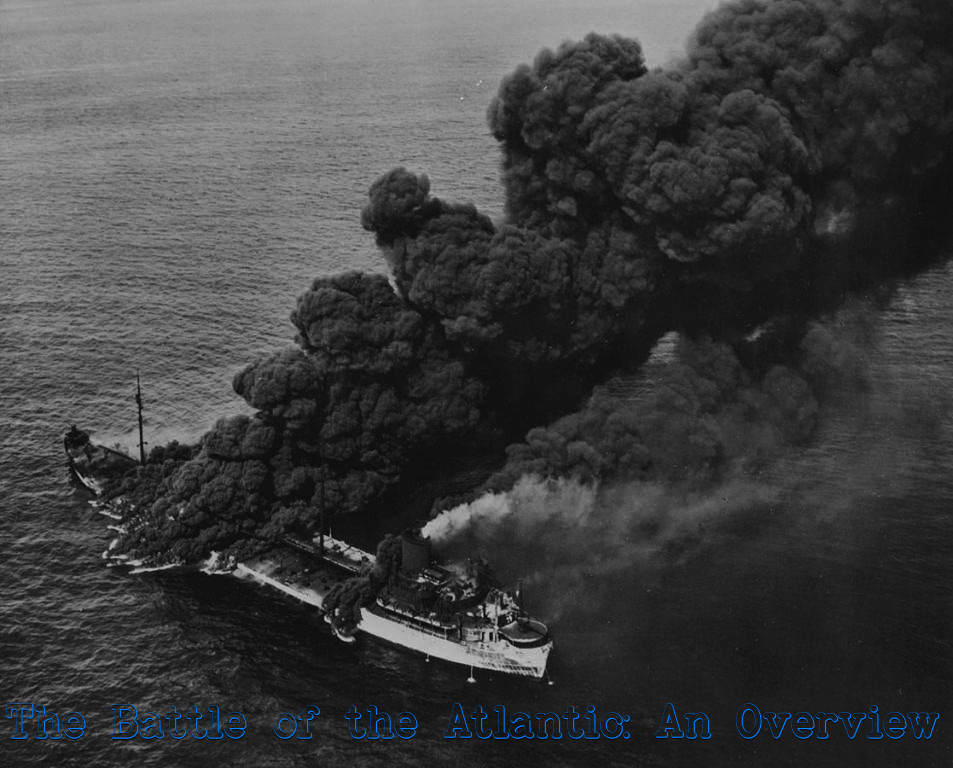The Battle of the Atlantic: An Overview
The Battle of the Atlantic: An Overview The first battle of WWII took place as early as the day after Britain declared war… Read More »The Battle of the Atlantic: An Overview
The Battle of the Atlantic: An Overview The first battle of WWII took place as early as the day after Britain declared war… Read More »The Battle of the Atlantic: An Overview
